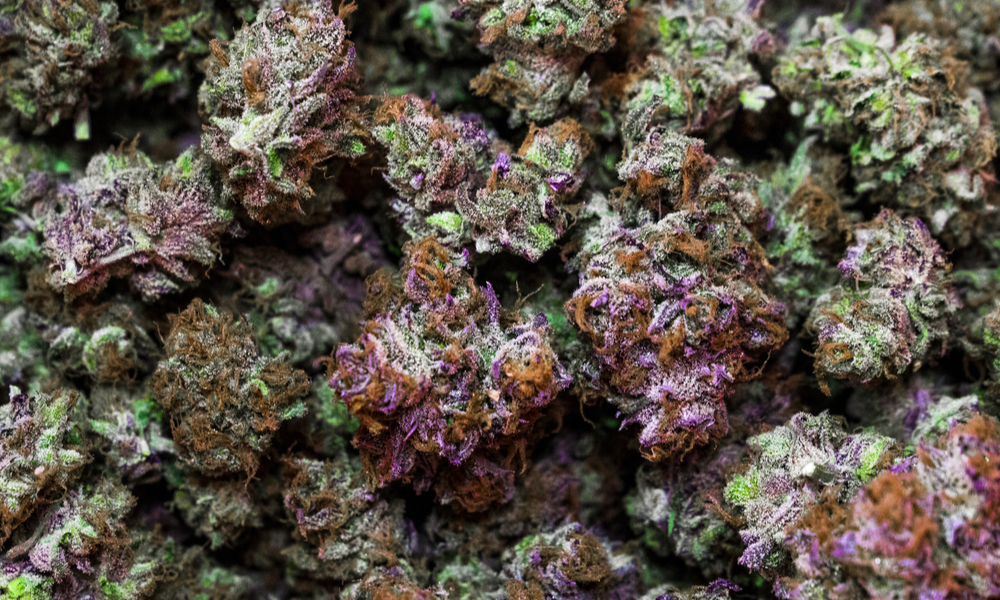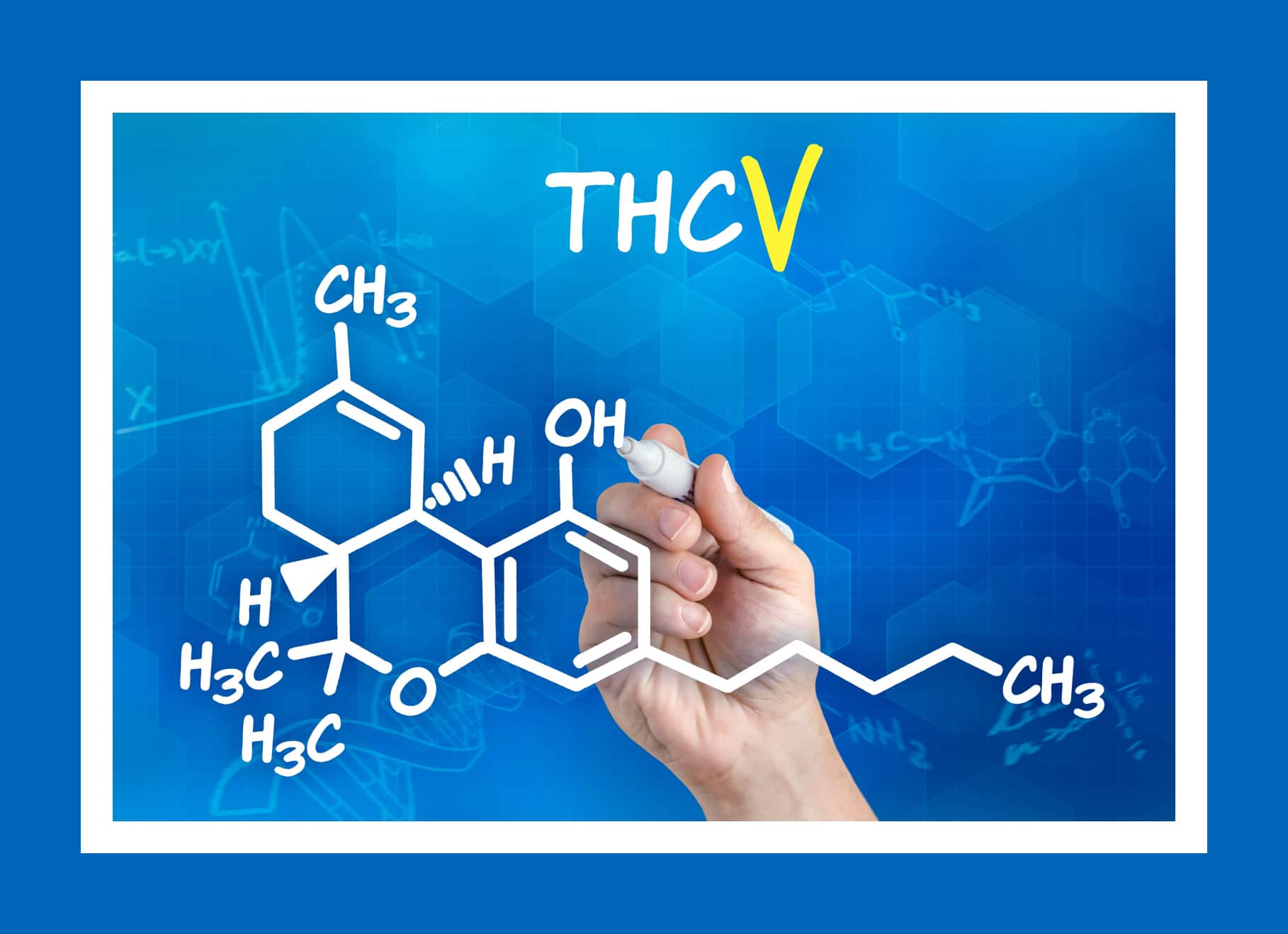Tetrahydrocannabivarin (THCV) is a cannabinoid substance discovered in cannabis and hemp plants. It's chemically comparable to tetrahydrocannabinol (THC) however with some crucial differences. Here's everything you need to understand about why is thcv an antagonist THCV including the risks, advantages, distinctions, and similarities with other forms of THC and more. What Is THCV? THCV is a less common cannabinoid found in some pressures of cannabis, especially African sativa.
 What is THCV? Cannabis Glossary Leafly
What is THCV? Cannabis Glossary Leafly
 Tetrahydrocannabivarin: What is THCV & It's Effects - Dr. Green Relief
Tetrahydrocannabivarin: What is THCV & It's Effects - Dr. Green Relief
 THCV: Everything You Need to Know CannaMD
THCV: Everything You Need to Know CannaMD
THCV has a 3-carbon side chain instead of THC's 5-carbon side chain. This distinction is subtle, but it has a visible influence on the impact profile. THCV is somewhat psychedelic but just about and about. What Does THCV Seem like? THCV has a strong energy-boosting component to it, that makes it specifically popular amongst trainees and athletes.
In the United States, THCV regulation is nuanced. THCV is not a Schedule I Drug, however cannabis extracts are making it somewhat uncertain what the federal position is on what is thcv oil THCV. The 2018 Farm Costs specifies that hemp plants and all derivatives of the plants are legal on a federal level, numerous companies abide by this law and still offer THCV to customers by just extracting the substance from hemp plants.
If THCV is considered a THC analog, it could be managed in the future by the same guidelines as THC under the Federal Analog Act. This act states that any substance that shares a similar molecular profile as a known restricted substance it's included in the same drug Arrange classification.
What Are the Impacts of THCV? Supporters of THCV report that it produces an extreme burst of energy and makes them feel euphoric without the mental cloudiness caused by THC. The results are incredibly moderate compared to THC. The impacts are nearly specifically cognitive yet in some way have really little impact on headspace.
2. THCV & Cravings Some THCV users View website claim that it curbs their cravings. This Visit this link is a typical effect of other focus-enhancing substances also. It's as though THCV removes the diversion of other bodily processes (like hunger) in order to preserve resources and attention to cognitive jobs rather. How Does THCV Work? Cannabinoids produce biological impacts in the human body by communicating with endocannabinoid receptors.
CB1 receptors lie in the nerve system and interact with neurotransmitters in the brain to produce mind-altering results. Interaction with CB1 sites is what gives some cannabinoids like THC their psychoactivity. THCV is a bit difficult to comprehend due to the fact that it's mostly a CB1 antagonist, indicating it has the opposite result as THC.
While researchers are still seeking to comprehend this process, it appears THCV is able to obstruct the effects of CB1 in low doses and promote them in high dosages. CB2 receptors are discovered mainly in the body immune system. THCV is a partial agonist of CB2, however the Click for source results of this partial activity aren't well-known, and it seemingly has no noticeable effect on THCV users' experience.
As discussed in the previous area, THCV is a CB1 villain in low dosages which is the exact opposite effect of delta 8 and delta 9 THC. This might mean that THCV neutralizes some of the psychedelic impacts of THC. This impact could describe why people who use THCV feel so clear-headed specifically compared to the infamous "fogginess" induced by delta 9 THC.